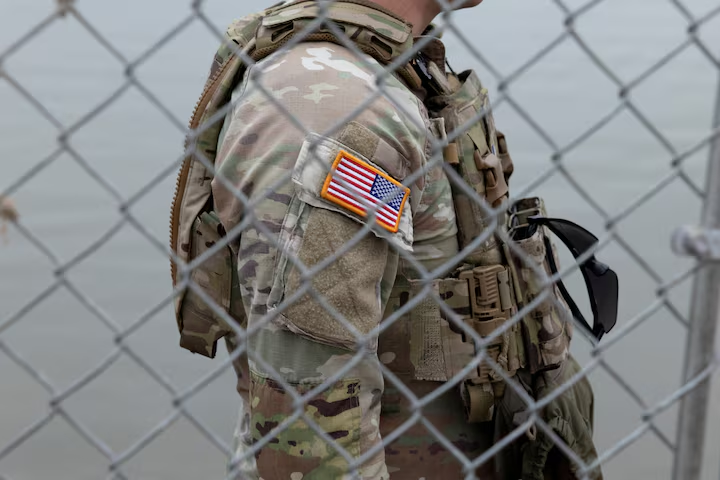The U.S. Army will now require that transgender soldiers’ official personnel records reflect their sex assigned at birth, according to a policy update issued on May 21, 2025, marking a significant rollback of previous inclusion measures. The move, reportedly directed by the Department of Defense under the Trump administration, has drawn immediate criticism from civil rights advocates and LGBTQ+ military personnel.
The policy will affect records used for deployment eligibility, housing assignments, and administrative classifications, with exceptions made only in limited, case-by-case scenarios. The Pentagon has not yet commented publicly on the rationale behind the change, but internal sources cite a push for “biological clarity” in military readiness and unit cohesion assessments.”
“This decision is a step backward for equality and military integrity,” said Jennifer Dane, executive director of the Modern Military Association of America. “It disregards the service and identity of thousands of transgender troops.”
Reversal of Obama and Biden-Era Protections
The new directive effectively reverses policies enacted during the Obama and Biden administrations, which allowed service members to update their gender markers and serve in accordance with their gender identity.
Under Biden, transgender individuals were allowed to enlist and transition while serving, with full access to medical care, including hormone therapy and surgeries. Those administrative and medical accommodations are now in question, pending further guidance from the Department of Defense.
“We are reviewing all policies for consistency with military readiness,” said a senior defense official familiar with the matter.
Practical Implications for Troops
Transgender soldiers have expressed concern over how the change could affect deployment decisions, access to barracks, uniforms, and medical treatment. Critics argue the policy may also expose transgender personnel to discrimination or forced outing, particularly if they had already legally changed their gender in federal or civilian records.
According to the new guidance, service records will default to the sex listed on birth certificates or initial enlistment documents, unless a medical waiver is obtained.
“This is not about clarity — it’s about control,” said Sgt. Alex Rivera, a transgender Army medic. “They’re erasing who we are.”
🇺🇸 Political and Legal Ramifications
The move comes amid a broader push by the Trump administration to reshape military policy around traditionalist values, including a recent directive on grooming standards and gender-segregated facilities.
Several Democratic lawmakers have condemned the policy, and legal challenges are expected. Senator Tammy Duckworth, a U.S. Army veteran, called the policy “an unjustified attack on our troops that weakens—not strengthens—our forces.”
Civil rights groups, including the ACLU and Lambda Legal, are preparing lawsuits on constitutional and civil rights grounds, citing equal protection violations and discriminatory employment practices under federal law.
Numbers and Context
As of 2024, an estimated 14,000 transgender individuals were serving across all branches of the U.S. military, according to Department of Defense data. Many have served openly since the 2016 lifting of the original ban, and military readiness studies have consistently shown no negative impact on cohesion or performance from transgender inclusion.
“This is a manufactured issue,” said Aaron Belkin, director of the Palm Center, a think tank focused on military service and gender. “It politicizes identity rather than strengthening our forces.”
What’s Next?
- Expect federal lawsuits challenging the policy on civil rights grounds
- Congressional Democrats may introduce legislation to protect transgender troops
- Military personnel may be forced to choose between transition and service
- Further internal reviews of gender-related military policies are likely under the Trump-led Pentagon
As debate intensifies, the move places transgender service members at the center of America’s culture wars, once again raising questions about identity, service, and equality in the U.S. Armed Forces. For now, those affected are left with uncertainty and fear, amid a policy shift many see as politically motivated and deeply personal.
Source; Reuters



